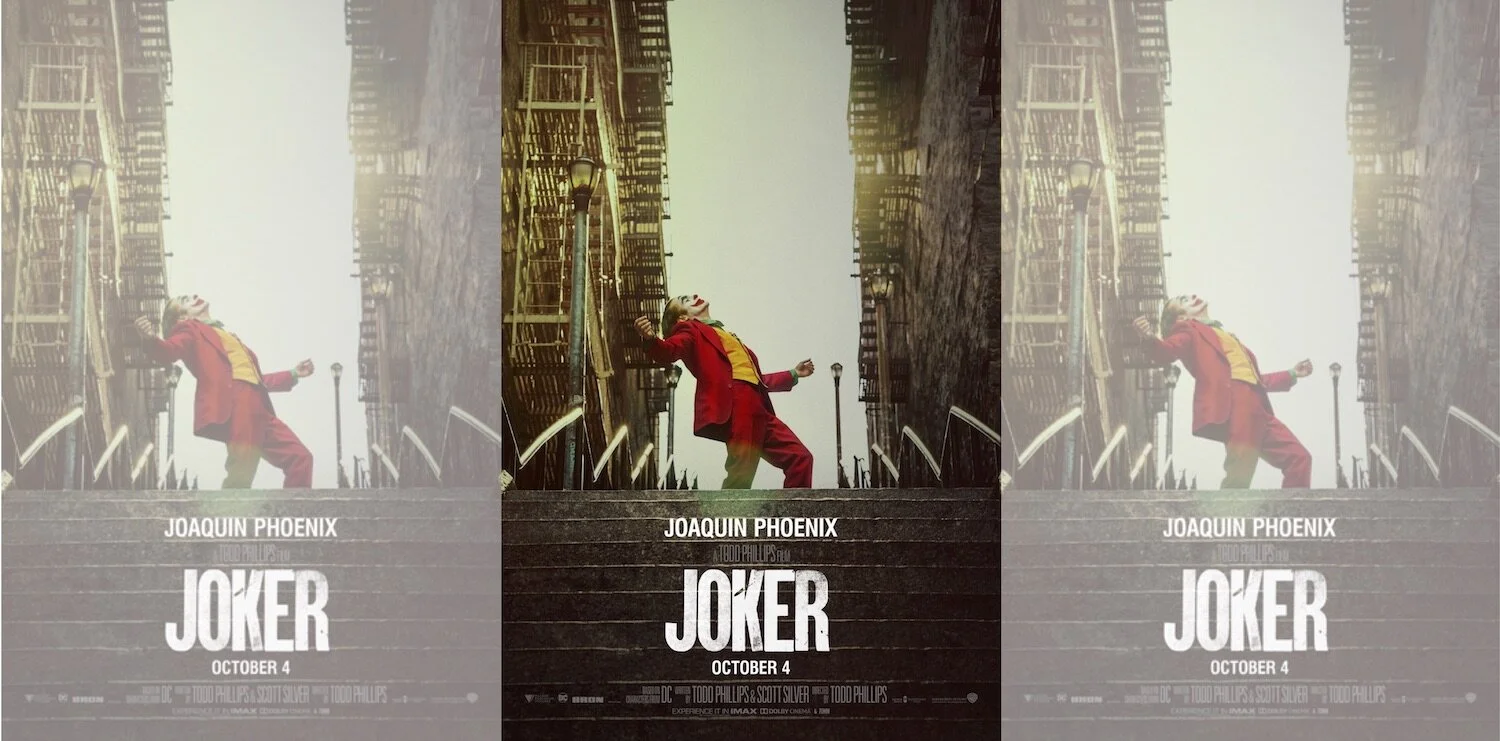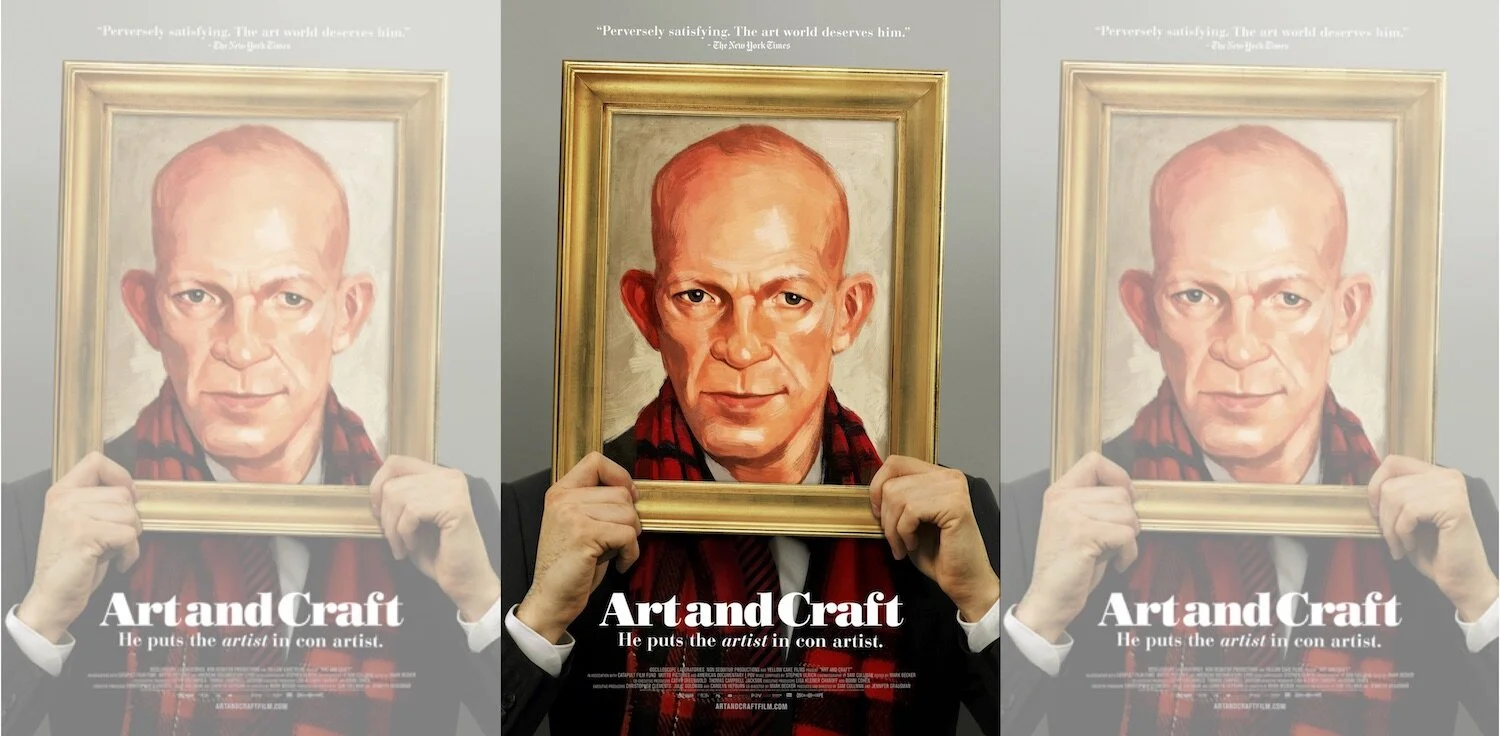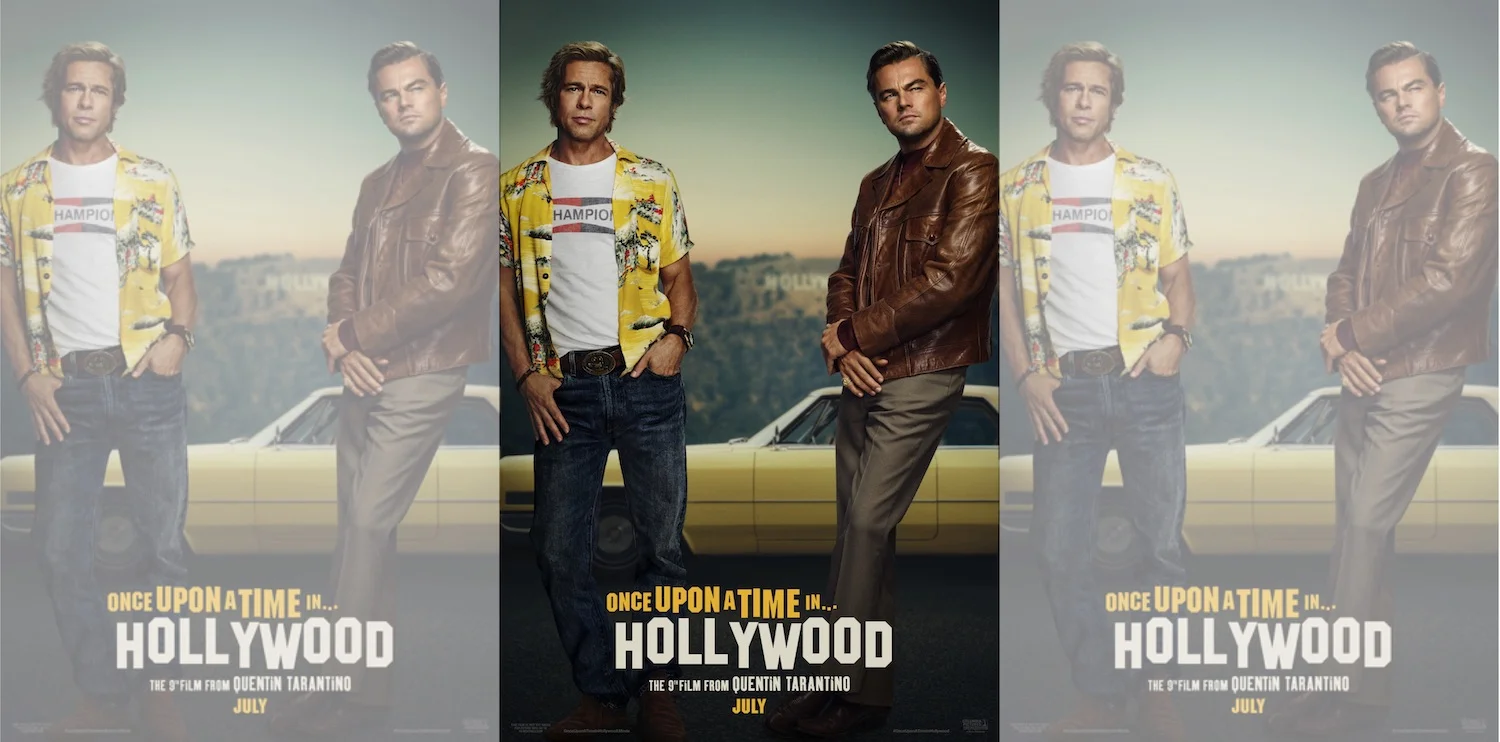Joker (2019)
DID YOU HEAR THE ONE ABOUT…?
Joaquin Phoenix as Arthur Fleck in Joker
For his eponymous role in Joker, Joaquin Phoenix took home the Academy Award for Best Actor. Did he deserve it? Certainly, Mr. Phoenix delivers a fine performance, and a reasonable argument can be made that he outshines every other lead actor that year: he maintains a level of intensity that seamlessly follows his character’s movie-long deterioration. Still, Adam Driver, also nominated, not only gives audiences a pitch-perfect showing in Marriage Story, but shows tremendous emotional range. Mr. Phoenix, while perfectly embodying a troubled, middle-aged man left behind by society, does so without much variation. The same can be said of the film in general—that it treads a very narrow lane—which marks one of several major stumbling blocks preventing Joker from achieving greatness.
That is not to say that the film does not rise high. Joker succeeds on numerous levels. Indeed, the film received nearly a dozen Oscar nominations, including nods for directing, screenwriting, cinematography, film editing, and, most significant of all, Best Picture. In addition to Mr. Phoenix’s Best Actor award, Joker netted a statuette for Hildur Guðnadóttir’s original score. Despite such accolades, though, some aspects of the film remain problematic.
Director Todd Phillips, previously known for helming broad comedies such as Road Trip, Old School, and The Hangover, skews in the opposite direction with Joker. The plot and tone of this film are unrelentingly bleak. The screenplay, penned by Mr. Phillips and Scott Silver, provides no relief from its tale of loneliness, alienation, and misery. Though well-written, it lacks even the barest hint of comic relief. Virtually every frame traffics in urban decay and the breakdown of social propriety. What seventeenth-century English philosopher Thomas Hobbes averred about human existence outside society can be said of life within the film’s setting of Gotham City: it is “poor, nasty, brutish, and short.”
Joaquin Phoenix in Joker
Beginning in the midst of a strike by sanitation workers, the story tracks the decline of civility and the escalation of discontent in the city, while also following the mental and emotional descent of Arthur Fleck (Joaquin Phoenix). Employed as a human billboard, Fleck dresses in full clown makeup and spins a sign pointing customers to a business about to close its doors for good. He lives with his mother, Penny, ably played with a passive-aggressive creepiness by Frances Conroy. She wants the best for her son, but her lack of confidence in his ability to live an independent adult life undermines and even enfeebles him.
As the film progresses, it becomes clear that Penny Fleck suffers from some form of mental illness, as does her son. Arthur claims to have pseudobulbar affect, characterized in his case by uncontrollable and often inappropriate spasms of laughter. Notably, the condition typically manifests as secondary to other neurological conditions or injuries. The troubling and brutal encounters Arthur suffers at the hands of some of Gotham’s citizens spur his downward spiral, but that fall is exacerbated—and perhaps enabled—by his preexisting mental illness. Utilizing such a disability in the origin story of a character known the world over as a master criminal seems like something of a cheat, but more important, it feels wrong.
Joaquin Phoenix and Frances Conroy in Joker
Obviously, the filmmakers did not produce a documentary about mental illness, nor even a film that seeks to explore the implications on society and individuals of such disabilities. They do briefly highlight the difficulties the working poor can have when government programs change and cut off people from necessary counseling and medication, but that sequence works more as dramatic setup than it does as disquisition. A film can promote a point of view without doing so explicitly—X-Men, for example, serves as a metaphor for LGBTQ rights—or it can ground itself in a particular perspective in order to decry it—such as in A Clockwork Orange, which wields disturbing violence in the service of an anti-violence theme. Joker lacks such convictions, to its detriment.
In fact, the overall theme of the film plays out less like social commentary and more like an apologist’s screed for disaffected white men. The journey of Arthur Fleck begins with him in an unsettled place, and as his emotional state devolves, it does so accompanied by motivating forces that often feel like justifications: the derision he endures from his coworkers; a violent attack by a group of menacing youths; the unfair disapprobation of his employer, who ultimately dismisses him; the bullying of a woman on the subway. When Arthur tries his hand at stand-up in a local comedy club, he encounters not just the disapproval of the crowd, but the mockery of a national late-night talk-show host, Murray Franklin (Robert De Niro, in a fine performance that combines Johnny Carson’s confident monologuist with Jay Leno’s mean-spirited person-on-the-street interviewer). Franklin airs footage of Arthur’s failed routine, then invites him on the program to mine more humor at his expense. The incident drives Arthur to extreme violence, but the entire sequence plays out like a misguided attempt to make the film’s audience root for Arthur as he descends into explosive madness.
Joaquin Phoenix and Rober De Niro in Joker
These troubling missteps work against Joker’s successes. Yet despite the shortcomings of its plot, the script moves like a freight train, the inertia of its considerable mass carrying it inexorably to its tragic destination. The director successfully reigns in his lead actor throughout the course of the film, ensuring that the entire undertaking does not traverse into the usual over-the-top nature of twenty-first-century comic-book movies, or worse, into camp. Zazie Beets and Frances Conroy round out the main cast with great skill, and Mr. De Niro deservedly earns a nomination for Best Supporting Actor. Still, with all that Joker has going for it, it suffers for its sins. Its implacably tenebrous tone, its use of mental illness as a galvanizing force in creating the man Arthur Fleck becomes, and the impression of rationalizing the bad behavior of white men, all dilute the quality and impact of the overall film. And that’s no joke.
*** (out of *****)
©2020 David R. George III
2019 • 2 HOURS, 2 MINUTES
WARNER BROS. • VILLAGE ROADSHOW PICTURES • BRON CREATIVE • JOINT EFFORT • DC
STARRING
• JOAQUIN PHOENIX, ROBERT DE NIRO, ZAZIE BEETS, FRANCES CONROY
ALSO STARRING
• BRETT CULLEN, SHEA WIGHAM, BILL CAMP, GLENN FLESHLER
WRITTEN BY
• TODD PHILLIPS & SCOTT SILVER (WRITTEN BY)
• BOB KANE & BILL FINGER AND JERRY ROBINSON (BASED ON CHARACTERS CREATED BY)
DIRECTED BY
• TODD PHILLIPS
2019 ACADEMY AWARDS (2)
• BEST ACTOR: JOAQUIN PHOENIX
• BEST ORIGINAL SCORE
ADDITIONAL 2019 ACADEMY AWARDS NOMINATIONS (9)
• BEST PICTURE (LOST TO GISAENGCHUNG [PARASITE])
• BEST DIRECTOR: TODD PHILLIPS (LOST TO BONG JOON HO FOR GISAENGCHUNG [PARASITE])
• BEST ADAPTED SCREENPLAY (LOST TO JOJO RABBIT)
• BEST CINEMATOGRAPHY (LOST TO 1917)
• BEST COSTUME DESIGN (LOST TO LITTLE WOMEN)
• BEST FILM EDITING (LOST TO FORD V FERRARI)
• BEST MAKEUP AND HAIRSTYLING (LOST TO BOMBSHELL)
• BEST SOUND EDITING (LOST TO FORD V FERRARI)
• BEST SOUND MIXING (LOST TO 1917)








